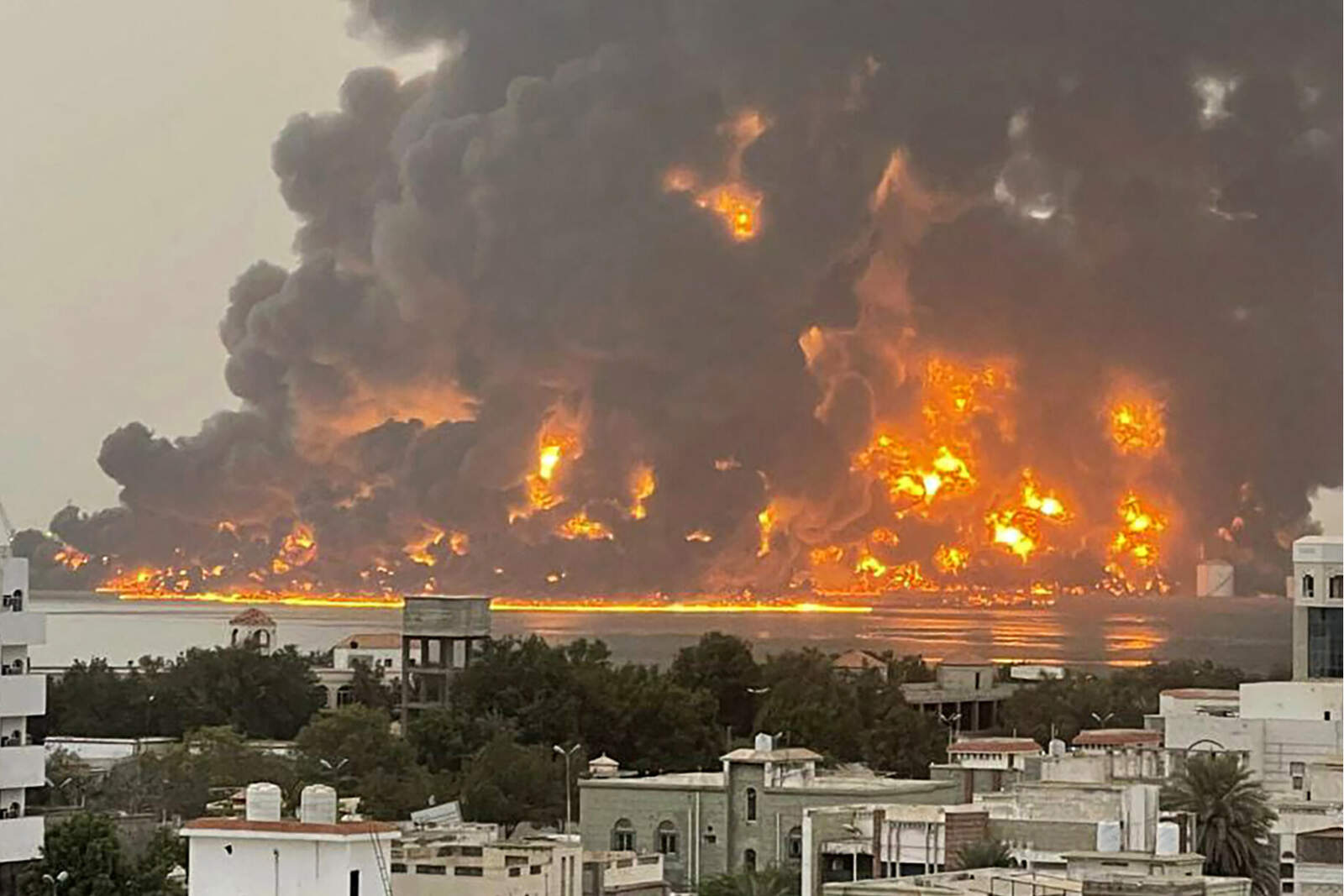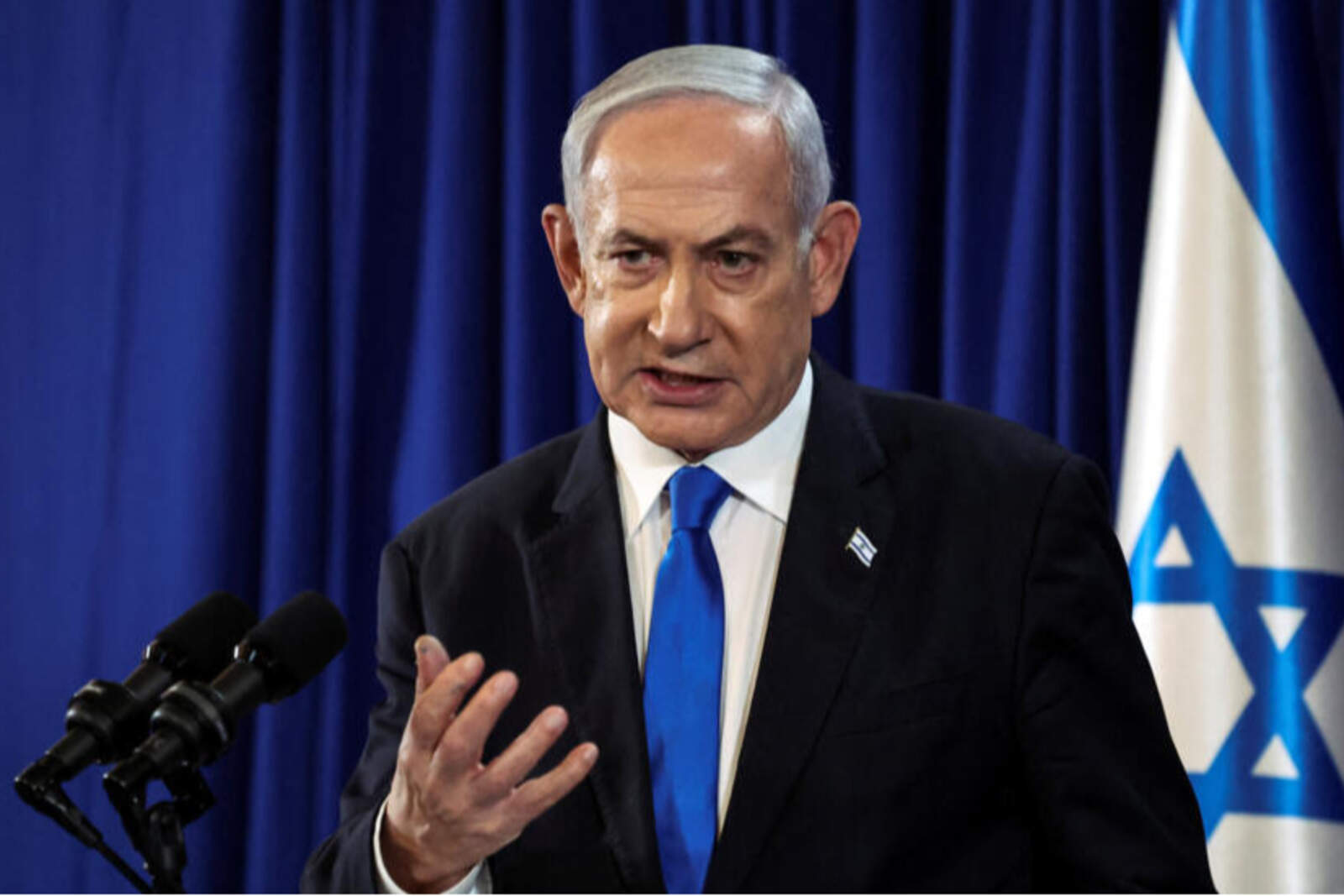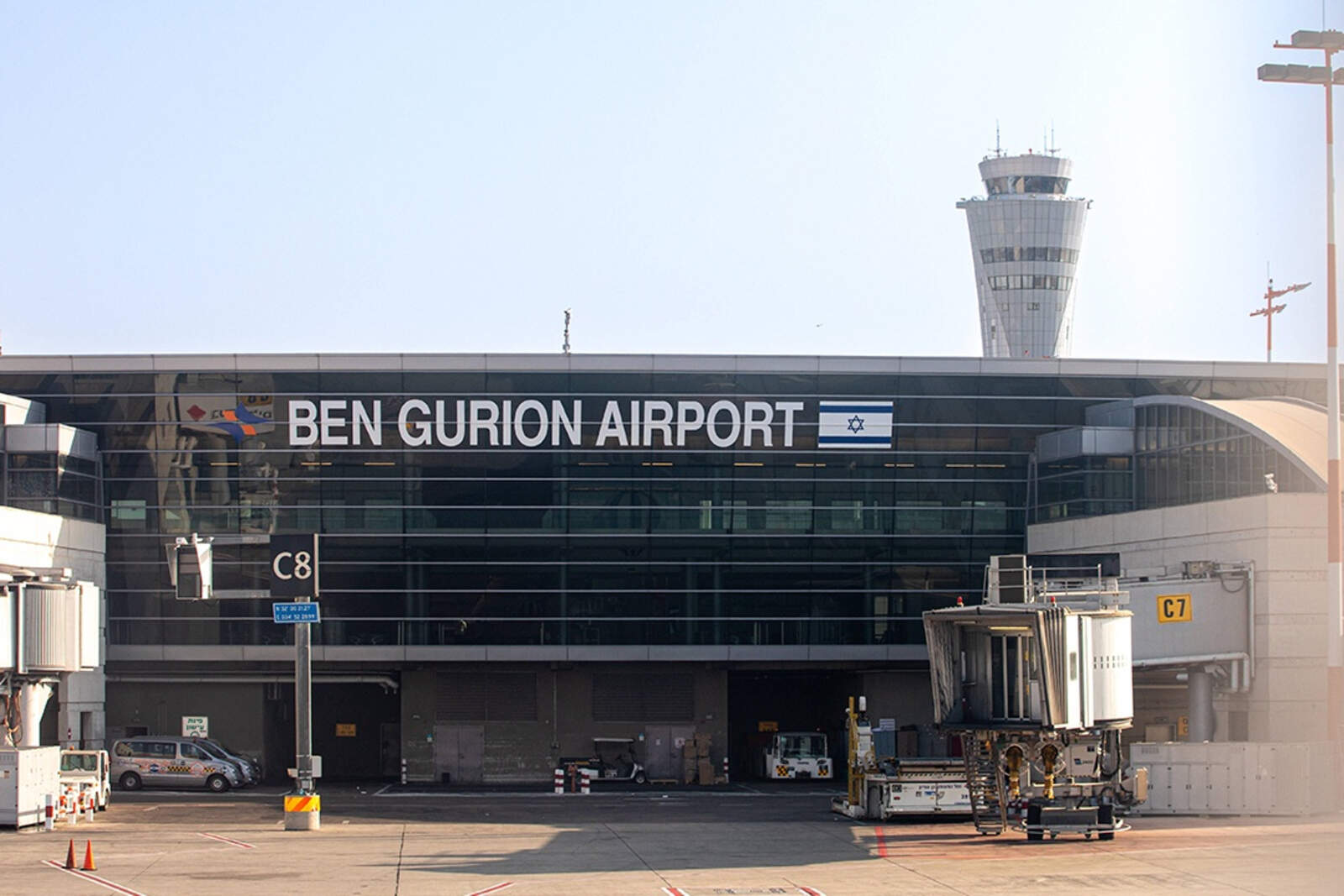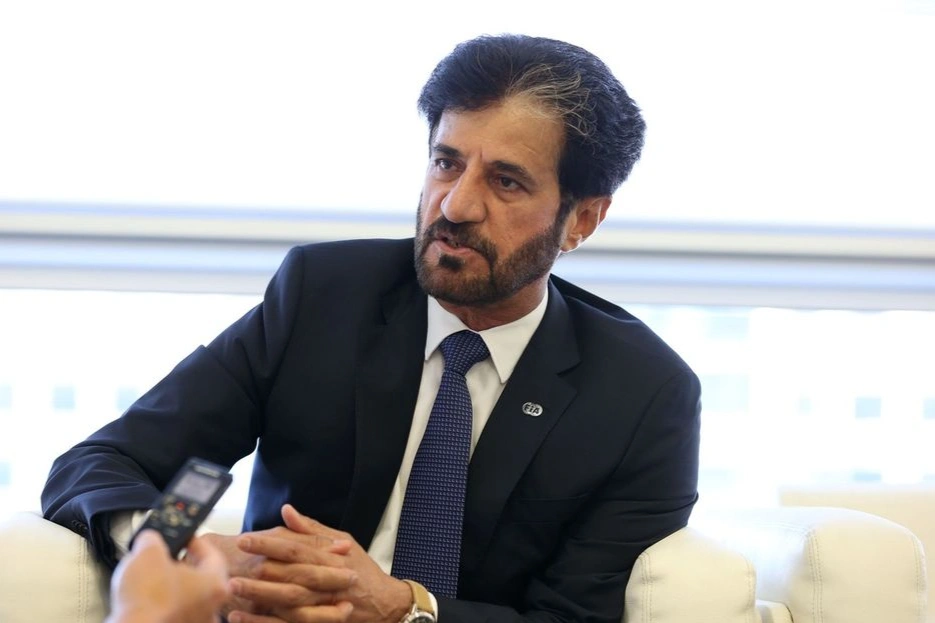Israel launched airstrikes against Houthi targets in Yemen on Monday night, in direct response to the unprecedented ballistic missile attack that struck near Tel Aviv's Ben Gurion International Airport the previous day.
This action marks the first time in months that Israel has attacked positions in Yemen, intensifying tension in a region already convulsed by multiple conflicts.
The missile launched by the Houthis, a Shia rebel terrorist group backed by Iran, managed to evade Israeli air defenses and reached one of the country's most sensitive points: its main international airport.
Although no fatalities were reported, there were injuries, and the incident caused great alarm both nationally and internationally. The attack was considered a symbolically potent blow, as it exposed vulnerabilities in Israel's defense system and exposed the country to new long-range threats.
In response, Israeli Prime Minister Benjamin Netanyahu promised a ''powerful response'' that would not be limited to a single action. He gathered his security cabinet on Sunday to coordinate the retaliation, which included Israeli airstrikes on the port city of Hodeida, a strategic Houthi stronghold in Yemen.
Additionally, local media and international sources reported simultaneous U.S. attacks near Sana'a, the Yemeni capital.
Netanyahu publicly declared: ''We acted in the past and will do so in the future. I can't give all the details. The United States, in coordination with us, is also acting against them. It won't be a single blow.''










